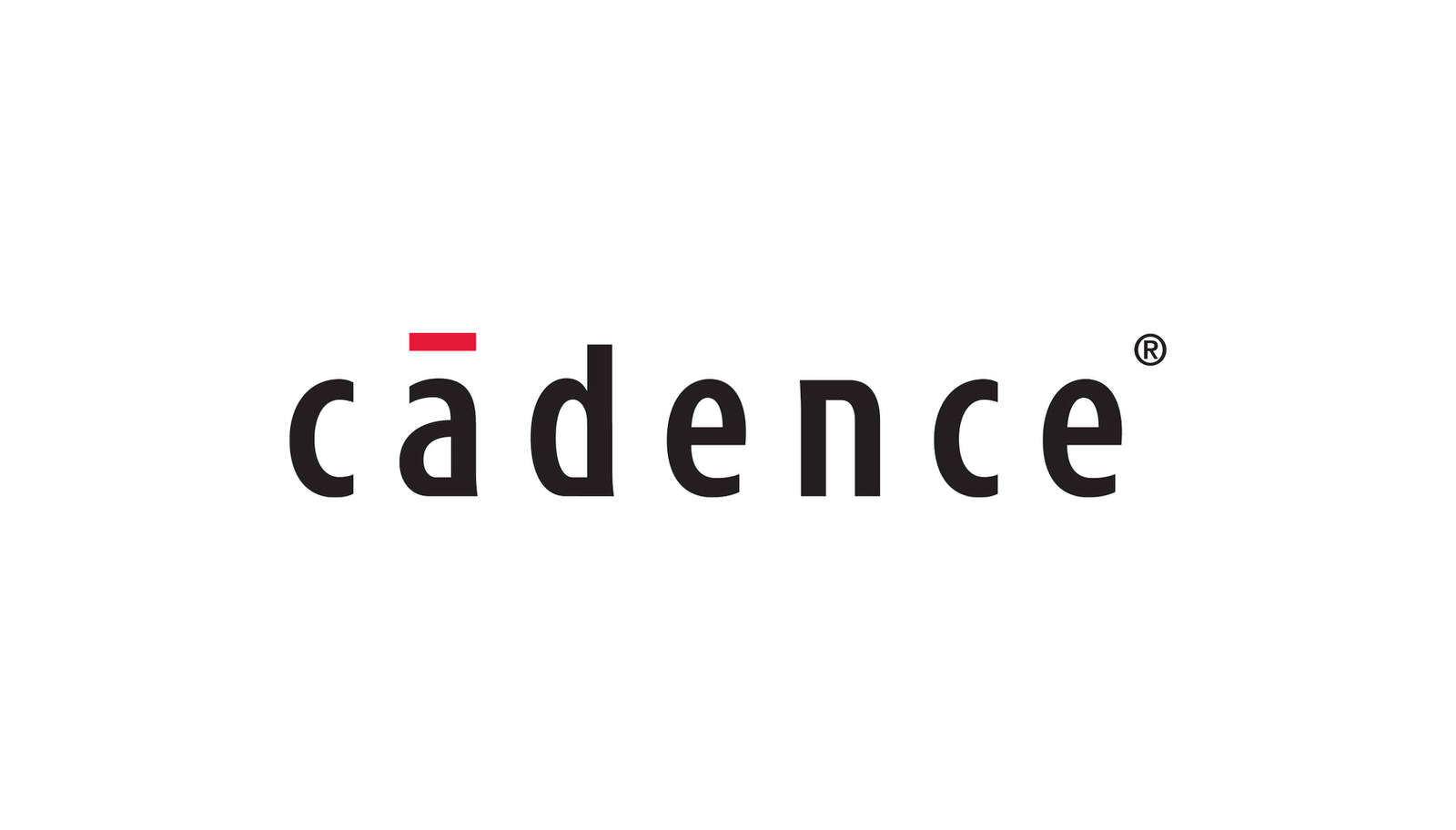by Joe McNally, Russell Investments
As I hunkered down with my family during the early pandemic lockdown in March 2020, I didn’t think about my asset allocation, my investment results or my benchmark-relative returns. I thought about my family and our preparedness for the next 12-18 months. It was overwhelming to say the least.
There are so many aspects to our lives that are hard to prioritize. When it comes to our financial situation, many people focus on debts, rates of return, savings, or good stock tips. For many, investments are low on the priority list. Parents are concerned about their child’s education and socialization. People with elderly parents are concerned about their care and well-being. Small business owners are concerned about making payroll and avoiding layoffs. These are overwhelming decisions and personal to each party involved.
Prioritize what’s important
We all live busy lives. Thinking about every facet of a typical day can make a person’s head spin. There is work, family, personal relationships, email, social media, healthcare/fitness, nutrition, home upkeep, vacations and the unexpected events that may take place and catch us off guard, like a global pandemic. We tend to juggle these items daily and usually do a pretty good job. However, it’s hard to stop our normal routine and plan for an event that may not happen for a long time. It’s also difficult to put ourselves first when we’re busy taking care of everything else. I’ve learned in the last few months that in order to take care of those around you, you must take care of yourself first. For this reason, I wanted to make sure my wife and I were on the same page with our priorities. It’s especially important to be in synch when there are two people involved in the household decision-making process. When was the last time you asked your spouse or partner their top three priorities? I can tell you with confidence their priorities will look slightly different than yours.
The current uncertainties surrounding market volatility, global health and social interaction have naturally caused everybody to re-evaluate their priorities. I provided my wife with a list of the items below and asked her to create a column of what was important to her in the next 12-18 months. The second step was to choose the three items that are most important for her to accomplish in the same time period and compare her list to mine. I will share with you that both of our #1's matched. We needed to update our will. We hadn’t updated our will in 12 years and a lot has changed in our lives over that time. This is a very important topic and probably the biggest takeaway from the exercise we did together. Our top concern was not our savings rate for future college tuition or what we’re paying our investment advisor. Our biggest concern was that (God forbid)—if we both got sick and passed away—our children would be raised according to our best intentions. The key word is intentions.
While the coronavirus pandemic has prompted more people to create wills, 62% of Americans still don’t have one, according to a LegalZoom survey conducted by YouGov.1
We hear stories about accomplished professionals and famous celebrities unexpectedly passing away with no will or estate planning in place. There have been a few recently. Black Panther star Chadwick Boseman died on Aug. 28, 2020, without a will. He passed away after a four-year struggle with colon cancer. Two months after his death, his wife was at a courthouse filing to become the administrator of his estate. In November 2020, Tony Hsieh, the co-founder of footwear company Zappos, tragically died at 46.He too did not have a will and his $840 million estate will now be left for his father and brother to administer in the public eye.2 The question isn’t: what is right? The question is: what is important to you and what are your intentions? That’s what this process is all about. Prioritize what you would like to accomplish over the next 12-18 months and be intentional.
Discover what’s important
Russell Investments has a discovery process centered around trust, communication, prioritization and dealing with critical life components such as: family and relationships, health and wellness, career and work, lifestyle and leisure, and community and giving. These categories provide the framework for our lives and the wealth management ecosystem. The categories below drive the process for prioritization.
| FAMILY & RELATIONSHIPS | |
| ☐ Create/update my will
☐ Concerned about protection ☐ Plan for unexpected events ☐ Plan for a wedding ☐ Fund education expenses ☐ Organize family meeting to discuss my plan ☐ Educate my children on wealth matters |
☐ Prepare my heirs for wealth transfer
☐ Plan my funeral/celebration of life ☐ Create/update my power of attorney ☐ Care for children or dependents ☐ Care for dependents with special needs ☐ Care for parents/elders ☐ Start or grow my family |
| HEALTH & WELLNESS | |
| ☐ Maintain/start a healthy & active lifestyle
☐ Plan for my long-term care ☐ Plan for incapacity ☐ Maintain activities, club memberships |
|
CAREER & WORK |
|
| ☐ Take a sabbatical
☐ Start a business ☐ Sell or transfer my business ☐ Expand my business |
☐ Protect my business
☐ Change/advance my career ☐ Incorporate my business/practice ☐ Plan for maternity/parental leave |
| LIFESTYLE & LEISURE | |
| ☐ Plan vacations and travel
☐ Maintain my current lifestyle ☐ Plan for my retirement lifestyle ☐ Move, relocate, or downsize |
☐ Protect or invest in collectibles
☐ Purchase a second home/cottage ☐ Purchase an investment property ☐ Buy something special |
| COMMUNITY & GIVING | |
| ☐ Support a worthy cause/charity
☐ Set-up a foundation ☐ Join a non-profit board ☐ Volunteer
☐ Pursue my next life passion ☐ Other |
Plan for what’s important
Intentions are meaningless unless you execute. So, if you have read thus far and you haven’t done this exercise before—give it a try. Select the items from the list above you feel are most important in the short term (the next 12-18 months).Once you have checked the boxes that apply, pick the three that are most important to you, and prioritize them. Set a time frame to achieve each item and plan accordingly. Take one at a time. Then ask your spouse or significant other to do the same. Where do your priorities line up and where do they differ? Is it a concern or is it eye-opening? What can and should you do about it? These are all questions to have now with your loved ones—not when it may be too late to make a change or effectively communicate your wishes and intentions.
Where to start?
As a financial advisor, you are the primary coordinator of the discovery process. Once you have undergone this endeavor for yourself, why not try it out with your clients? Once they select their top three priorities out of a list of 39 wealth management topics, you can help them create a roadmap spanning the course of the next 18 months. One of the most valuable services you can provide is to be their accountability partner and keep them on track during the time period ahead. Discovering what’s important isn’t a one-time occurrence. Discovery is a fluid process that takes time and ongoing coordination to accomplish. Having a financial advisor guiding the process and integrating the client priorities into the plan is what makes this formula work. In the end, it’s all in the execution.
The bottom line
The nice thing about January is we all get a fresh start to the new year. We can reevaluate our exercise routines, our diets and sometimes even our careers. We should also use this time to discover what’s most important in our lives over the next 18 months and be more intentional. As we saw in 2020, you can never predict the next twist or turn in the rollercoaster ride.
1 https://www.cnbc.com/2020/10/21/black-panther-star-chad-boseman-died-without-a-will-why-you-need-one.html
2 https://www.cnbc.com/2020/12/03/former-zappos-ceo-died-without-will-reports-say-why-thats-bad-idea.html












